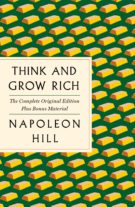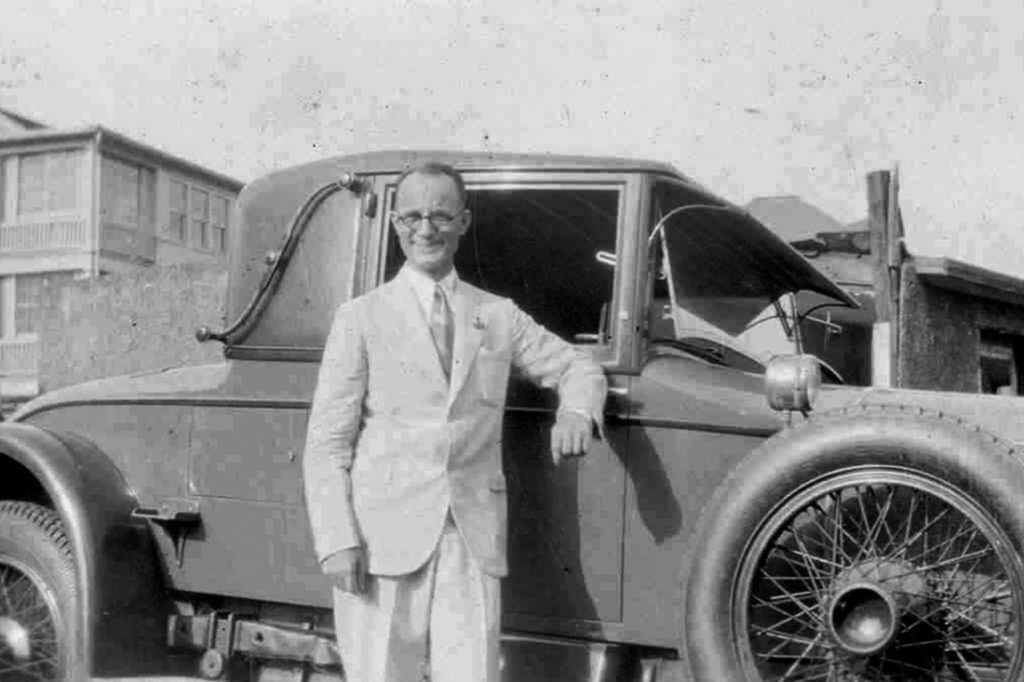Annual self-analysis is an essential in the effective marketing of personal services, much as the annual inventory is essential to merchandising. Moreover, the yearly analysis should disclose a decrease in faults and an increase in virtues. One goes ahead, stands still or goes backward in life. One’s object should be, of course, to go ahead. Annual self-analysis will disclose whether advancement has been made, and if so, how much. It will also disclose any backward steps one may have made. The effective marketing of personal services requires one to move forward even if the progress is slow.
Your annual self-analysis should be made at the end of each year, so you can include in your new year’s resolutions any improvements that the analysis indicates should be made. Take this inventory by asking yourself the following questions, and by checking your answers with the aid of someone who will not permit you to deceive yourself as to their accuracy.
Self-Analysis Questionnaire for Personal Inventory
- Have I attained the goal which I established as my objective for this year? (You should work with a definite yearly objective to be attained as a part of your major life objective.)
- Have I delivered service of the best possible quality of which I was capable, or could I have improved any part of this service?
- Have I delivered service in the greatest possible quantity of which I was capable?
- Has the spirit of my conduct been harmonious and cooperative at all times?
- Have I permitted the habit of procrastination to decrease my efficiency, and if so, to what extent?
- Have I improved my personality, and if so, in what ways?
- Have I been persistent in following my plans through to completion?
- Have I reached decisions promptly and definitely on all occasions?
- Have I permitted any one or more of the six basic fears [poverty, criticism, ill health, loss of love of someone, old age, death] to decrease my efficiency?
- Have I been either “over-cautious,” or “under-cautious”?
- Has my relationship with my associates in work been pleasant or unpleasant? If it has been unpleasant, has the fault been partly or wholly mine?
- Have I dissipated any of my energy through lack of concentration of effort?
- Have I been open-minded and tolerant in connection with all subjects?
- In what way have I improved my ability to render service?
- Have I been intemperate in any of my habits?
- Have I expressed, either openly or secretly, any form of egotism?
- Has my conduct toward my associates been such that it has induced them to respect me?
- Have my opinions and decisions been based upon guesswork, or accuracy of analysis and thought?
- Have I followed the habit of budgeting my time, my expenses and my income, and have I been conservative in these budgets?
- How much time have I devoted to unprofitable effort which I might have used to better advantage?
- How may I rebudget my time and change my habits so I will be more efficient during the coming year?
- Have I been guilty of any conduct which was not approved by my conscience?
- In what ways have I rendered more and better service than I was paid to render?
- Have I been unfair to anyone, and if so, in what way?
- If I had been the purchaser of my own services for the year, would I be satisfied with my purchase?
- Am I in the right vocation, and if not, why not?
- Has the purchaser of my services been satisfied with the service I have rendered, and if not, why not?
- What is my present rating on the fundamental principles of success? (Make this rating fairly, and frankly, and have it checked by someone who is courageous enough to do it accurately.)

Excerpted from THINK AND GROW RICH: The Complete Original Edition Plus Bonus Material (A GPS Guide to Life) Copyright © 2019 by Napoleon Hill and reprinted by permission of St. Martin’s Press. This article was published in May 2019 and has been updated.



